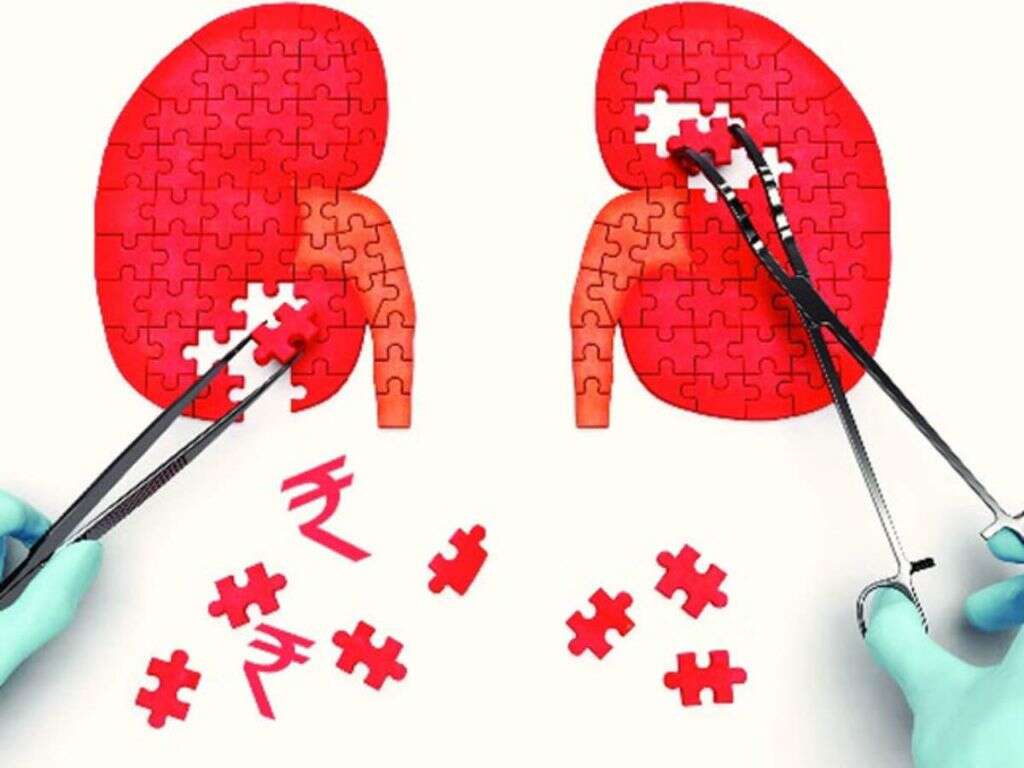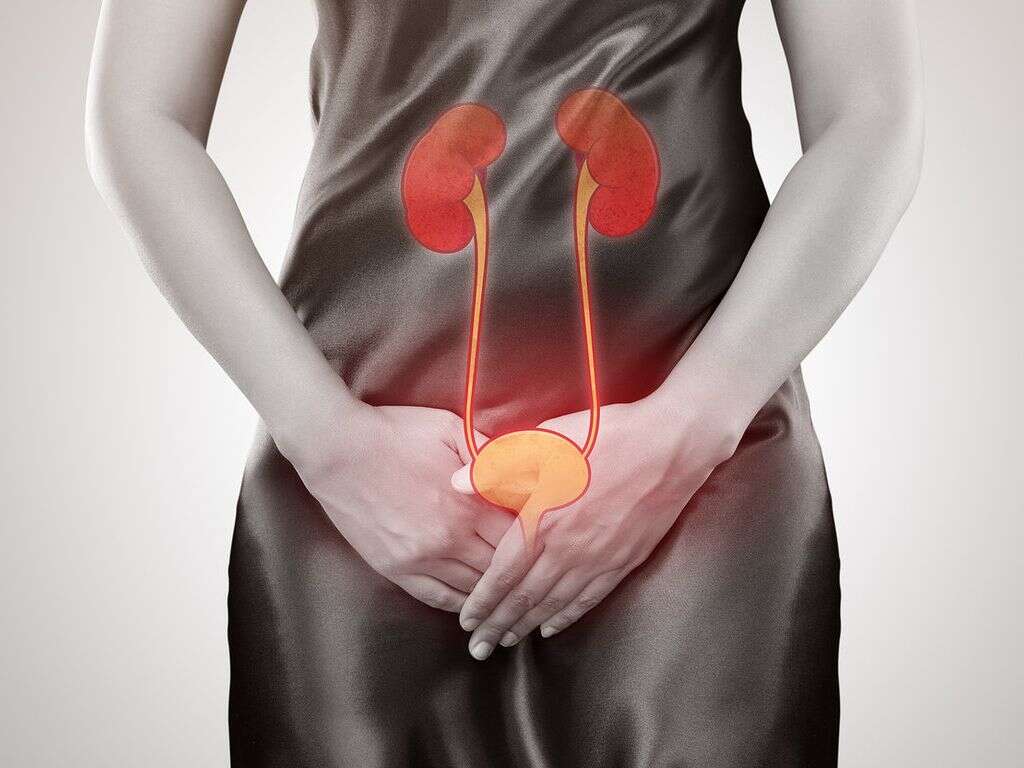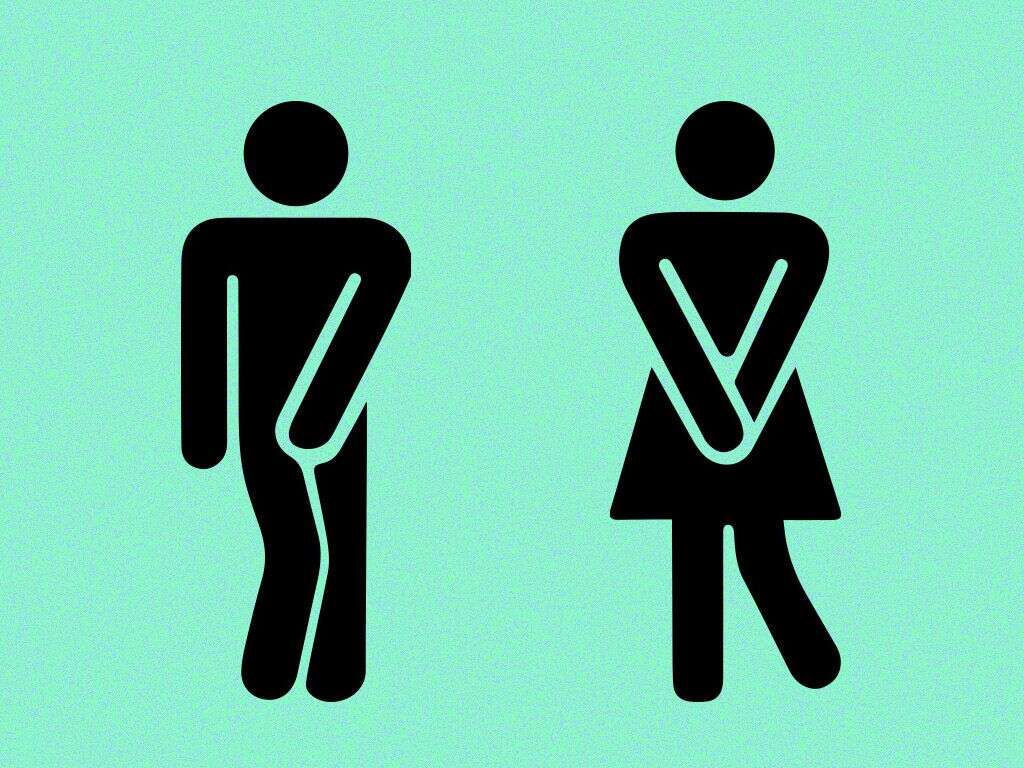10 Bladder Cancer Symptoms
The bladder is a hollow and expandable organ located in the pelvis and part of the urinary system. Its function is to collect urine. Bladder cancer occurs when healthy bladder cells, usually urothelial cells start multiplying out of control, which leads to the formation of a mass, known as a tumor. There are three main types of bladder cancer: urothelial (transitional) carcinoma, occurring in about 90% of cases, squamous cell carcinoma occurring in about 4 % of cases, and adenocarcinoma, occurring in only about 2% of cases.
Other rare types of bladder cancer can occur as well, such as sarcoma, small cell anaplastic cancer, etc. Bladder cancer is more common among males than females, with a ratio of 3:1. Furthermore, the incidence of this disease increases with age. Thus, the median age of diagnosis of bladder cancer is 72 years. Let’s explore some bladder cancer symptoms:
Symptom #1: Painful Urination
Dysuria, or painful urination as it is commonly known, is one of the symptoms of bladder cancer. It usually becomes noticeable in the early stage of bladder cancer. Patients describe this as a burning sensation or as a radiating pain while urinating. In non-inflammatory bladder conditions (i.e. tumors) the irritation of the urethral or bladder lining (mucosa), and the decreased elasticity and capacity of the organ can result in dysuria.
Dysuria is usually constant, even though it may come and go sometimes. Note that this symptom is not specific for bladder cancer. Other conditions that may cause dysuria include urinary tract infections, drugs, sexually transmitted infections, and more. If you experience dysuria, you should seek medical attention.
Symptom #2: Frequent Urination
Frequent urination is an irritative bladder symptom that can be associated with bladder cancer, but it is not specific for this condition. A person’s urinary frequency will depend on their bladder capacity, drinking habits, and personality traits. Thus, it will vary from individual to individual, making it difficult for physicians to obtain a history of frequency. Clues to urinary pathology include changes in the pattern of frequency or nocturia (frequent nighttime urination).
Even though a person may have a frequent urge to urinate, in some cases only small amounts of urine can be eliminated. Often, frequent urination can lead to pain as well. Carcinoma in situ is usually the most likely cause, although invasive disease may also cause irritative bladder symptoms.
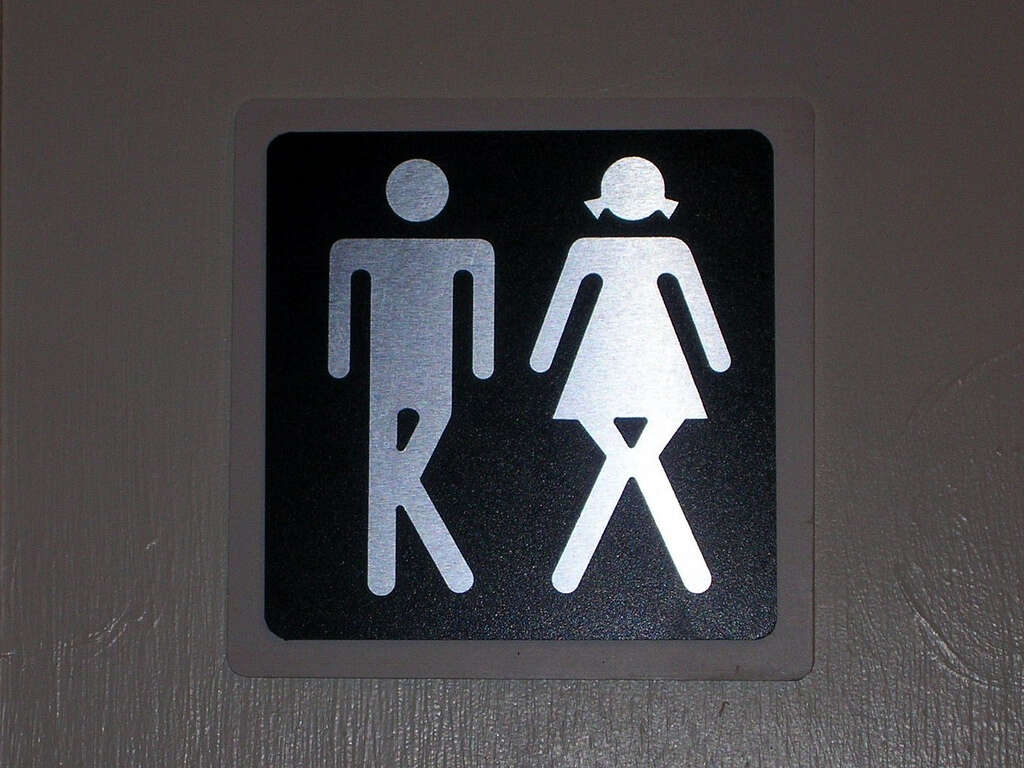
Symptom #3: Difficulty Urinating
Patients with bladder cancer can have difficulty urinating among other signs and symptoms. If the tumorous mass grows inside the bladder the normal urine flow through the urethra can be affected.
Depending on the location of the mass, the normal urine flow from the kidneys to the bladder can also be impaired. This, of course, will lead to difficulty urinating and sometimes even inability to urinate.
Symptom #4: Inability to Urinate
Many problems with urination can occur in bladder cancer. Patients can experience urinary urgency, a burning sensation while urinating, and nocturia or increased urinary frequency.
However, due to a complete obstruction in any part of the urinary tract (i.e. blockage of the ureter) even a complete inability to urinate is possible. Inability to urinate is usually a symptom of advanced bladder cancer.
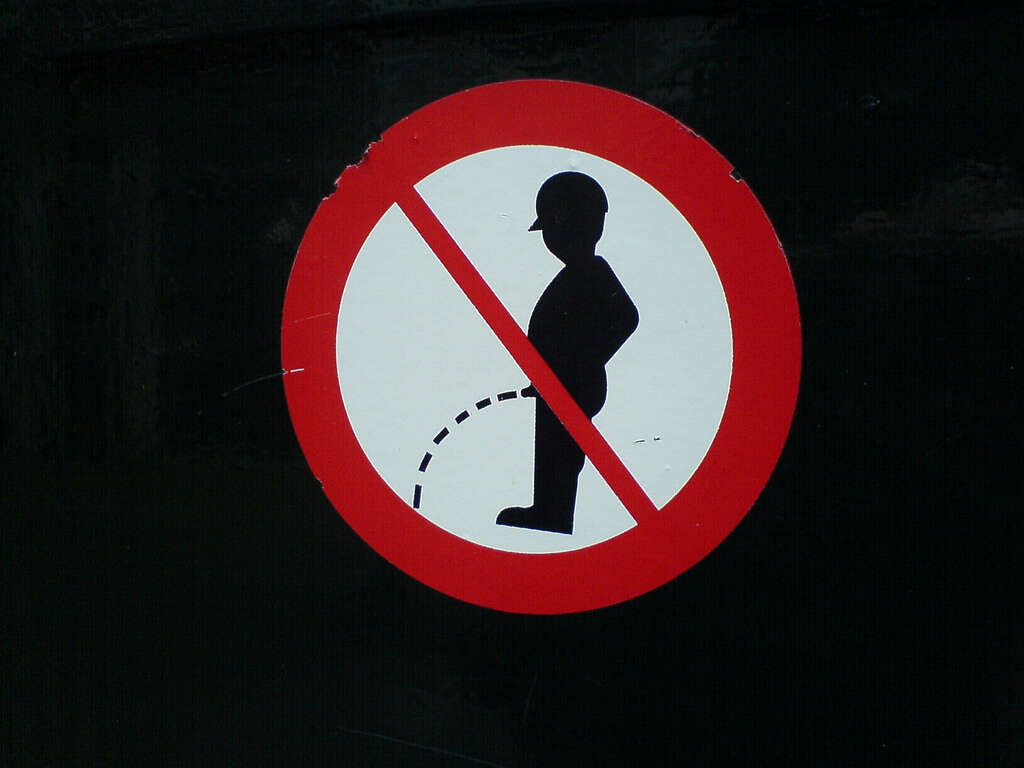
Symptom #5: Blood in Urine
Painless blood in the urine or hematuria, is the most common symptom of bladder cancer. Hematuria can occur intermittently, and it might change the color of your urine to bright red, cola-colored, orange, or pink. However, the urine of a patient with hematuria may not change its macroscopic appearance, but small amounts of blood can be detected during a urinary microscopic exam. Microscopic hematuria can be an incidental finding during a urinalysis performed for a general medical check-up.
Importantly, hematuria doesn’t necessarily mean that a patient has bladder cancer. More often hematuria is caused by infections, benign tumors, kidney stones, or other benign diseases of the urinary tract. However, it is still important to seek medical attention if you experience hematuria.
Symptom #6: Lower-extremity edema
A possible symptom of advanced bladder cancer is the swelling or accumulation of fluid in the lower extremities (i.e. feet). This can be caused by an enlarged urinary bladder that obstructs the proximal veins of the lower extremity (iliac vessels). Patients with edema of the lower extremities can report a loss of flexibility in the joints involved (ankle), tightness of shoes or clothes, weight gain, stiff or tight skin, decreased amount of eliminated urine, etc.
Importantly, lower-extremity edema is more often caused by being physically inactive, organ dysfunctions (kidney, liver, or heart problems), or by thrombosis (blood clots). Moreover, other types of cancers (plus cancer therapies) can also cause lower-extremity edema.

Symptom #7: Unilateral Lower Back Pain
Lower back pain is associated with many health conditions from menstrual cramps, a pinched muscle, a slipped disk, kidney problems, etc. Lower back pain, when felt in only one side, can be a sign of bladder cancer. This pain is commonly referred to as flank pain.
Flank pain as an advanced symptom of bladder cancer occurs in advanced stages of cancer when the tumorous mass blocks the normal urine flow from the kidney to the bladder. It is felt on one side, just below the rib cage and above the waist. This pain tends to get worse as the bladder fills up with urine. Sometimes flank pain can be felt even in the surrounding areas around the bladder.
Symptom #8: Pelvic Pain
Pelvic pain is one of many bladder cancer symptoms. Usually, pelvic pain occurs in cases when the bladder cancer has spread to the nearby structures, mostly to the bones, in its advanced stage.
The severity of pelvic pain will depend on the extension of cancer and its invasion to other pelvic structures. Rectal pain is also possible in advanced stages of bladder cancer.

Symptom #9: Feeling Weak and Tired
Sensations of weakness and tiredness can be associated with many conditions. Person’s with bladder cancer can also experience these systemic symptoms.
In cases of bladder cancer, a feeling of weakness and tiredness starts to become noticeable in the advanced stages of the condition.
Symptom #10: Loss of Appetite and Weight Loss
Every now and then anyone can experience appetite problems. However, if your appetite loss persists for a long time you should seek medical attention. Loss of appetite is a common symptom in patients suffering from cancer, including those diagnosed with bladder cancer.
Loss of appetite will be more severe in advanced stages of bladder cancer. Because of this appetite loss, the body will not receive the necessary daily amount of calories, leading to weight loss. However, intrinsically, the disease process will also cause rapid weight loss.



